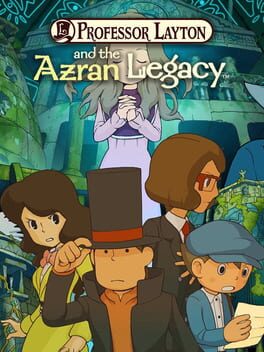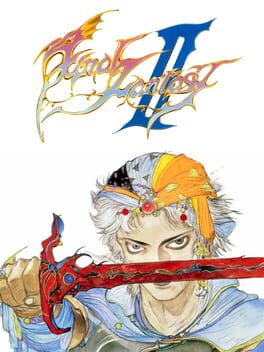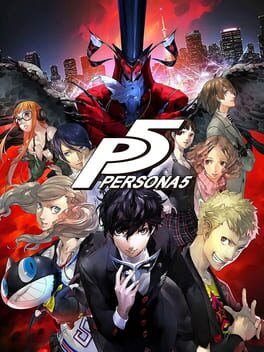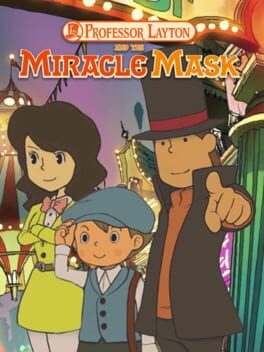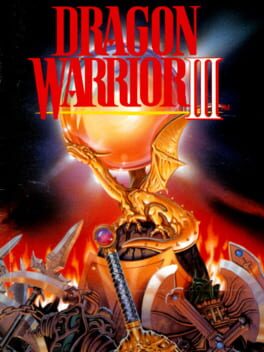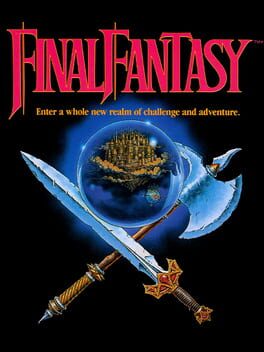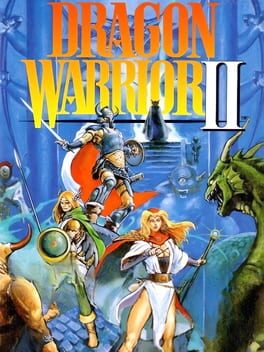ZangBang
Even moreso than Remake, Rebirth is a passionate retelling that takes full advantage of its modern cinematic approach to breathe new life into the original story but not without a few awkward infantilizations and, especially in the final act, needlessly contrived twists that exist solely for insipid fanservice and complexity's sake. Exploration is too streamlined to be enjoyable in itself, but an exhilaratingly dense combat system, along with a staggering amount of minigames, activities and challenges to experience, makes it one of the most incredibly diversified, layered JRPGs.
It clearly understands the original skillfully expanding on the essence of FF7's world and its characters, but sometimes fails to commit to the darker aspects of it and its final narrative twists can be egregiously clumsy and questionable in execution. An atmospheric wonder to experience, Midgar is not too fun to explore due to a simplistic level design and sluggish environmental interactions, however combat largely makes up for it: challenging enemies make the most out of an addictive battle system that blends real-time management and action in a dynamic way with ample room for strategic creativity.
Expansive traversal mechanics allow for areas of rich, layered verticality and sweeping vistas that become exciting playgrounds for exploration and stealth, although the former is occasionally made needlessly tedious by frustrating enemy placements and the latter slightly trivialized by weak enemy AI. Combat's deflection-focused, tight rhythmic flow doesn't leave too much room for strategic freedom but in its methodical design offers some of the most exhilarating, dynamically challenging, absolute best bosses in the history of the videogames. When the camera actually works properly, that is.
1989
Mother is where absurdist fantasy, playful mundanity and hints of horror join to produce an atmosphere that is uniquely "Mother-like": one second you're fighting crazed hippies and living cars, the next you're meeting the princess of a dreamlike realm, then you're accompanied by a janitor through school halls while he casually talks about his wife. This delightful surrealism is pretty much the only thing that the game has going for it, though, as combat and exploration structures largely fall into the same crude, tiresome formulas and (now) terribly dated designs of most RPGs of its time.
The new bonus episodes enrich the game's world, characters and narrative in ways that are sometimes so brilliant and moving that they feel almost integral to the overall experience (Igglybuff's and Grovyle's), and at worst just decently entertaining (Bidoof's, Sunflora's). The gameplay additions, on the other hand, feel really shallow and even pointless, but generally speaking none of the new stuff is so massively impactful as to make the game fundamentally better.
By far, the best Layton yet on a purely visual level: never have the environments and locales been so lushly detailed, each puzzle so lovingly illustrated and animated. The actual puzzles are nothing extraordinary, though: very entertaining and enjoyable in their variety, but the series has had more inventive and challenging collections. The narrative, however, is arguably the series' worst: the pacing suffers from the non-linear structure as the final act's developments feel rushed, forced and unearned, while the end aims for an anime-esque grandiosity that feels alien to the series' original identity.
1988
Narrative is the palpable improvement from the first game, with a pretty basic but captivatingly gloomy and surprisingly passionate war drama and a keyword system making the player more involved in its development. However, still not a good enough story to warrant going through FF2's gameplay: its unique approach to leveling has potential but the execution is terribly sloppy, too easily pressuring the player to grind or abuse the mechanics in order to survive its overly long, barren dungeons punctuated by a frustratingly high encounter rate and some downright sadistic enemy design.
2016
It mixes turn-based rpg, monster-collecting, management and social sim elements in an extraordinary balancing act: none of it is done remarkably well but the cohesive synergy of the whole package makes for such an incredibly engrossing, rewardingly layered experience drenched in boisterous style seeping out of every menu, design and soundtrack. The story can be dull in the somewhat shallow, ham-fisted delivery of its social critique and character arcs, but remains entertaining thanks to a memorable charismatic cast and its unique mix of supernatural thriller and teenage slice-of-life.
2015
One of the (surprisingly) few works in this industry that, as of today, seem to have truly grasped the marvelous narrative potential unique to this medium: Undertale's vibrant, mischievously humorous world and characters subvert the RPG formula and react, with staggering depth, to the player's actions, as it toys with the structure of videogames in delightful ways to offer new perspectives on the story. This only works for so long, however, and once the magical illusion wears off the game underneath is one of minimal systems and design, struggling to remain interesting.
2016
DS3 provides the same rewarding stratification and intriguing intricacy that made the series' level design memorable in the first place (although DS1 remains best for interconnectivity) but its focus on ambitiously large areas occasionally leads to stretches of tedious emptiness, while telling a story that often feels like it doesn't have much to add to what has already been said but heightens this world's tragedy with powerful, surrealist abstractions. As well as proudly standing as the pinnacle of the series in terms of boss battles, boasting the absolute best for variety, depth, challenge and presentation.
2023
Despite being very derivative, Lies of P carves a distinct identity especially thanks to its narrative, not particularly deep but offering a world of evocative imagery and intriguing, subtle storytelling that unfolds through a decent amount of player agency, making for a setting atmospheric enough to strengthen a level design always entertaining but often too rigid. Combat is what propels the experience, rewarding in the limited but unique strategic freedom it offers and exhilarating in the challenge provided by bosses: deadly dances of reflexes, memorization and planning.
The fifth installment takes Layton in the series' most memorable setting yet, brought to life by a (as per usual) stellar soundtrack and vibrant environments, but the narrative within struggles to be interesting. New characters are shallow and the plot's mysteries are mostly either underwhelmingly predictable or have resolutions so ridiculously preposterous I'm inclined to call offensive. Puzzles too, while displaying the same charming creativity and variety they always have, too rarely offer a real challenge, making for the least entertaining and rewarding Layton game yet.
1988
As much as its new class system makes it significantly more enjoyable, combat is still egregiously bland due to its repetitive, mind-numbing, crude turn-based structure. Now more than ever before, what saves Dragon Quest 3 is the exceedingly entertaining journey it takes the player on. The world, a fantastical caricature of our own, unfolds with every inquisitive step of the player as a sprawling, diverse mosaic of charming stories, mysterious legends and surprising scenarios brimming with whimsical creativity, as the series really defines its playful, epic narrative identity.
1987
Thanks to limited healing and challenging monsters, exploration through Final Fantasy's world and dungeons turns into a quite entertaining survival game of resource management and planning. However, its archaic and barren dungeons can get tedious fairly quickly, and its combat annoying: classes and magic offer some strategic depth, but unless you pick the classes that are overwhelmingly better and can make the game laughably easy, the harsh difficulty curve mixed with frustratingly extensive randomic elements will necessitate hours of grinding and very specific equipment.
1987
With DQ2, combat gets deeper but also substantially worse. Sheer luck plays an even heavier role with lots of new randomized elements, and even if multiple characters and enemies add strategic depth, battles are now so crowded that the slow, repetitive structure of traditional turn-based combat starts to show. Once again, exploration makes it all somewhat digestible: a pleasantly entertaining journey through a twisting, labyrinthine world brimming with puzzling stories, cryptic rumors and legends, challenging players to connect the dots and solve its mysteries to venture onward.





